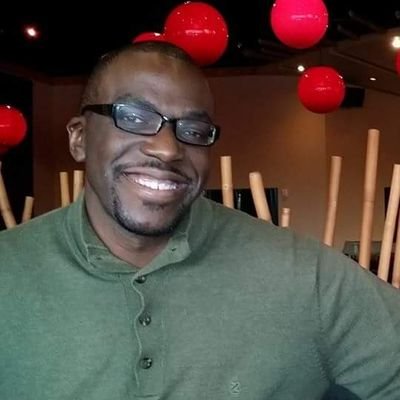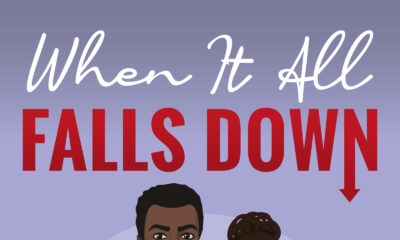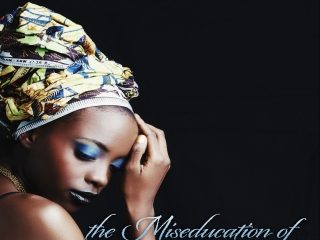Features
Chinedu Achebe: Redefining the Nigerian Identity Home or Abroad
 As I was scrolling through the comments section of my previous article that was published on BellaNaija – {click here if you missed it} I witnessed that an interesting development was taking place.
As I was scrolling through the comments section of my previous article that was published on BellaNaija – {click here if you missed it} I witnessed that an interesting development was taking place.
It seemed that a few folks had started their own conversations centered on Nigerians in the Diaspora vs Nigerians living in Nigeria. I started to realize that this discussion was nothing new and was something that was being routinely being debating amongst Nigerians. For myself, I didn’t enter this conversation until I started college at the University of Houston, which has a good sized Nigerian population.
Growing up my family lived in places that had little to no Nigerians, so I was pretty much out of the loop in knowing what was happening amongst Nigerians for the most part. Besides eating jollof rice and rice and stew which is a staple in every Nigerian household for the most part, I also was able to understand Igbo, but never really spoke it. The only Nigerian music that I knew about was the old Oliver de Coque and Sunny Ade stuff that my dad used to play on his cassette tapes. So it was to my surprise that there was a kind of a distinction on campus between the Nigerians who grew up in the States like myself and Nigerians who came to America for college.
I remember since the Nigerians from abroad spoke the native tongues and Pidgin English that they were considered real authentic Nigerians. They were also aware of certain traditional customs as well. While folks like myself were seen as “Americanized.” I remember in my early college years thinking if I could really be both black American and Nigerian at the same time.
In some crazy way it reminded me of the debate that black Americans had between the folks who lived in the suburbs vs the hood. The folks who grew up and stayed in the hood portrayed themselves as the protectors of blackness, while the black folks who moved to the suburbs were seen as sell outs to their race. But the other interesting dynamic was how Nigerian American men and women handled dating differently.
While in college and even today, I have seen a good amount of Nigerian American women prefer to date and marry a Nigerian from abroad who they think will help them become more ingratiated in traditional Nigerian culture. Nigerian American men for the most part are less concerned about finding a woman to uphold their culture to the tee. They are more interested in finding a woman who is physically attractive and who they can get along with. They usually are more open to dating a woman regardless of her race or ethnicity. With all of this, we have to come to grips with the fact there isn’t one way to be Nigerian.
For my traditionalists, I ask them is a Nigerian who grew up in the village more real than one who grew up in the Lagos. In my opinion, our experiences shape who we are and not the borders of the country that we live in. It took me a while to get to the place where I realized that I can appreciate and embrace my Nigerian heritage along with the role that black American culture and history has helped in shaping me into the man that I am today.
I also have love for my Nigerian brothers and sisters from abroad who come to the States as well. They inject a renewed sense of hope and optimism for new found opportunities that many of us here take for granted. In the end of the day, the same blood flows through all Nigerians bodies. We need to embrace our differences while still finding ways to be a united people as well.

























